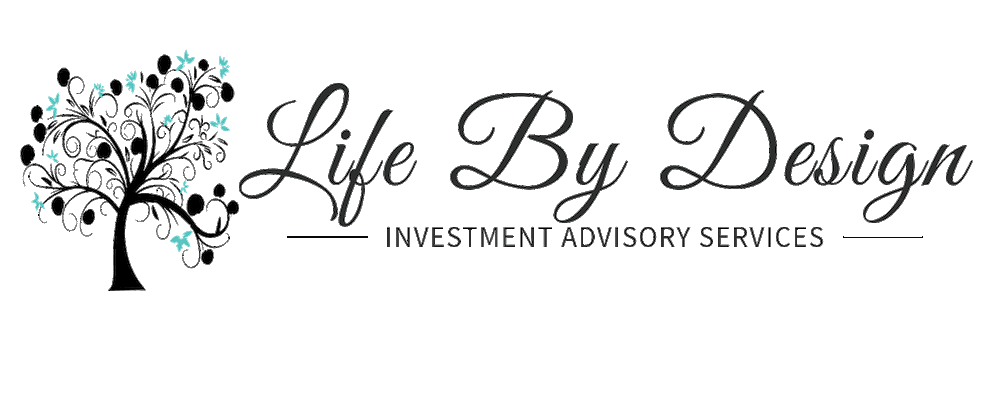As the year draws to a close, it’s the perfect time to assess your financial situation and implement smart strategies to minimize your tax liability. Proactive planning can make a significant difference in your year-end financial picture. Let’s explore some effective year-end tax strategies for 2025.
1. Review Your Investment Portfolio
Take a close look at your investment portfolio. Consider selling underperforming investments to offset capital gains or using capital losses to reduce your taxable income. Additionally, strategically rebalancing your portfolio can help align your investments with your long-term financial goals.
2. Maximize Retirement Contributions
Boost your retirement savings by contributing the maximum allowable amount to your 401(k) or IRA. These contributions not only secure your financial future but can also lower your taxable income for the current year.
3. Harvest Tax Losses
Capitalize on investment losses by harvesting them strategically. Selling investments at a loss can offset capital gains and, if your losses exceed your gains, can be used to reduce your ordinary income.
4. Charitable Contributions
‘Tis the season of giving. Make charitable contributions before the year-end to lower your taxable income. Additionally, consider donating appreciated securities to maximize your impact while potentially avoiding capital gains taxes. A Qualified Charitable Donation (QCD) is a direct transfer of money from your IRA to a qualified charity. If over the age of 73, QCDs can be counted toward satisfying your required minimum distributions (RMDs) for the year. For those over age 73, a QCD will dollar for dollar reduce your taxable required distribution.
5. Utilize Tax Credits
Take advantage of available tax credits, such as those for energy-efficient home improvements or educational expenses. These credits directly reduce your tax liability and can result in significant savings.
6. Health Savings Account (HSA) Contributions
If you have a high-deductible health plan, contribute to your HSA. HSA contributions are tax-deductible, and the funds can be used tax-free for qualified medical expenses. It’s a triple tax advantage!
7. Plan for Required Minimum Distributions (RMDs)
If you are 73 or older, ensure that you take the required minimum distributions from your retirement accounts. Failing to do so can result in substantial penalties. Strategically plan these distributions to minimize the tax impact.
8. Consider Tax-Efficient Investments
When making new investments, consider tax-efficient options. For example, invest in tax-efficient mutual funds or index funds that generate fewer taxable distributions, reducing your tax burden.
9. Small Business Deductions
If you’re a small business owner, take advantage of available deductions. Consider making necessary purchases or investments in your business before the year-end to reduce your taxable income.
By implementing these year-end tax strategies for 2025, you can take control of your financial future and potentially reduce your tax burden. Remember, it’s crucial to consult with a tax professional to ensure that these strategies align with your specific financial situation. You will also want to be stay informed as tax laws are subject to change and may impact you directly. With thoughtful planning, you can welcome the new year with confidence and financial peace of mind.
Life By Design Investment Advisory Services is a registered investment adviser. Information presented is for educational purposes only and does not intend to make an offer or solicitation for the sale or purchase of any specific securities, investments, or investment strategies. Investments involve risk and, unless otherwise stated, are not guaranteed. Be sure to first consult with a qualified financial adviser and/or tax professional before implementing any strategy discussed herein.




